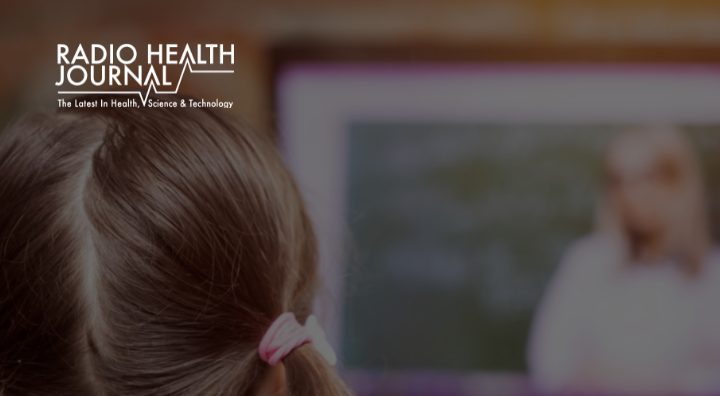You may need to rethink your drink. A study in the journal Alzheimer’s and Dementia shows that excess sugar, especially the fructose in soda, may damage your brain. People who drink a lot of sugary beverages are more likely to have a poor memory, a smaller overall brain volume, and a significantly smaller hippocampus, a part of the brain that’s important for learning and memory. But researchers say don’t reach for lo-cal soda. Another study in the journal Stroke, shows that people who drink diet soda are nearly three times as likely to have a stroke and develop dementia as those who don’t drink diet soda.
Courses that teach mindfulness and meditation help women, but a new study shows they don’t help men at all. The study in the journal Frontiers in Psychology shows that while women are more prone to depression and downcast mood overall, learning mindfulness significantly helps them overcome it. However, men are mostly unaffected.
And finally… where a baby’s born makes a big difference in how much they cry. A study in the Journal of Pediatrics finds that on average, babies cry about two hours a day their first few weeks of life. Over three hours per day is officially a colicky baby. And you’ll find more of them in England, Canada and Italy than anywhere else. About a quarter to a third of babies there cry more than three hours a day. The lowest percentages were in Denmark and Germany, where only about five percent of babies spend so much time crying.











Leave a Reply